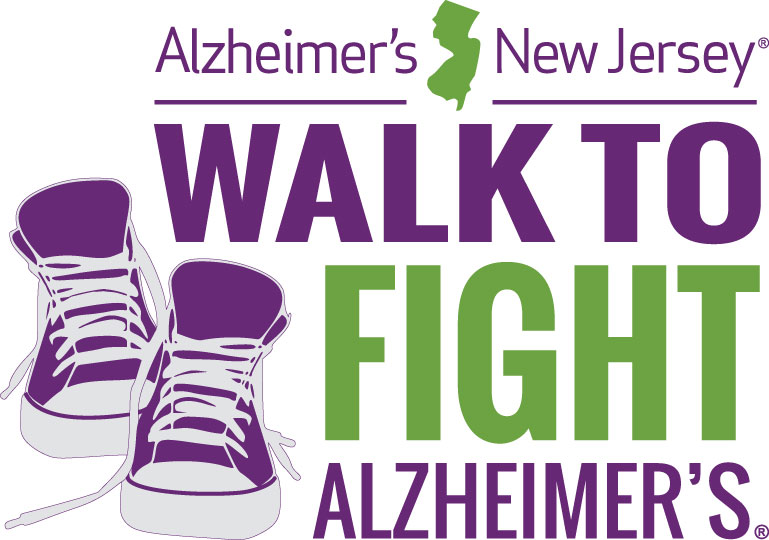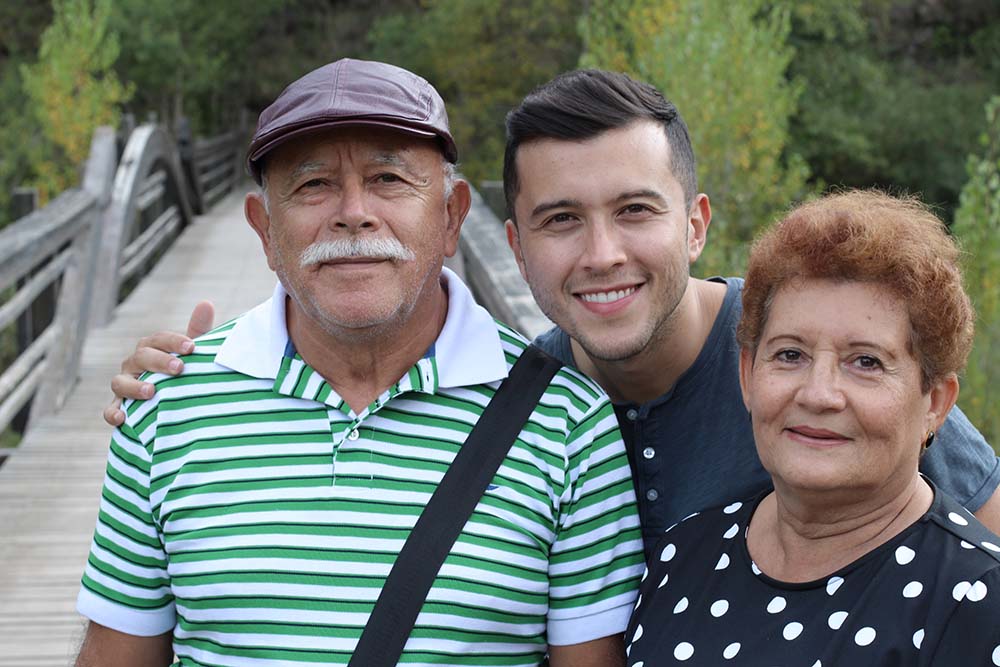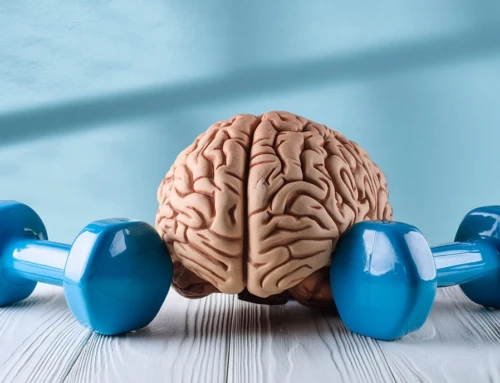This weekend as we celebrate Father’s Day, I want to share a message with men who find themselves in the role of caregiver – particularly those in The Silent Generation (1925-1945) and The Baby Boomer Generation (1946-1964) but, this message can be just as important for men of every generation.
Men and women seem to approach caregiving differently. These differences were suggested in a 2017 AARP report based on focus groups that were conducted across the country.
That may not be surprising, especially if, like me, you grew up in a generation of grandparents and parents that had very traditional gender roles. Women were perceived and expected to be the primary family nurturers and men were much more expected to be the task-oriented problem solvers who never admitted weakness or a need for help.
For example, long before the days of GPS and car navigation systems, when we relied on inadequate map reading skills to get us to a new family vacation spot, who was it that refused to admit we were hopelessly lost, yet would not pull into a gas station for directions? In my experience, it was always my dad or grandfather.
These were the same proud and stubborn men who thought they could fix and assemble anything without looking at the directions, even when parts were somehow left over, or the bookcase tilted, or the leaky sink now only dripped just a little. Nothing that a little duct tape couldn’t repair.
But those more traditional male traits just don’t work when it comes to caregiving. Men are wonderful and sensitive caregivers but, we need to recognize that we can’t be too stubborn and proud to ask for help and we can’t just fix it – especially when caring for a spouse or partner with a disease like Alzheimer’s.
A 2019 article published online by PubMed Central, Understanding Male Caregivers’ Emotional, Financial, and Physical Burden in the United States, finds that male caregivers are less likely to use informal support resources and seek out formal programs to help them cope with their caregiving roles. Studies show that male caregivers are more likely to become socially isolated, less likely to open up to others and, as a result, tend to have greater physical health difficulties and experience more anxiety and depression than do female caregivers.
So, my message this Father’s Day, is that if you are a male caregiver of someone with Alzheimer’s disease or another form of dementia, give yourself the gift of asking for help. And, if you are the friend or relative of a male caregiver trying to do it all, please, as much as possible, give the gift of help. It can be as simple as calling us at Alzheimer’s New Jersey – 888-280-6055. We’re here so you don’t have to face Alzheimer’s alone.
Ken Zaentz
President and CEO
Alzheimer’s New Jersey





